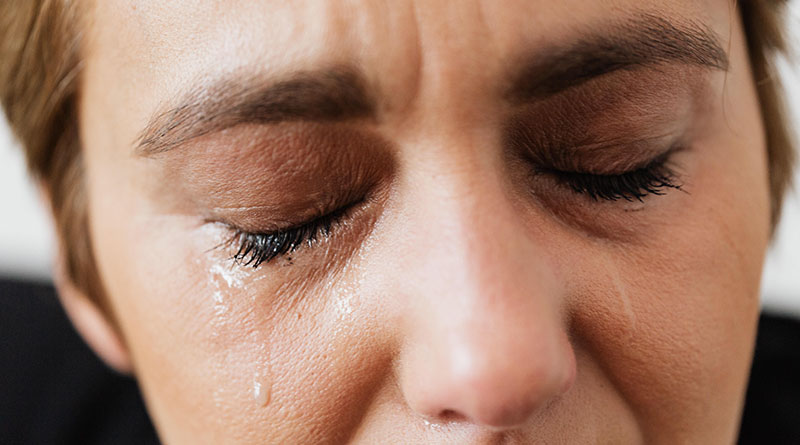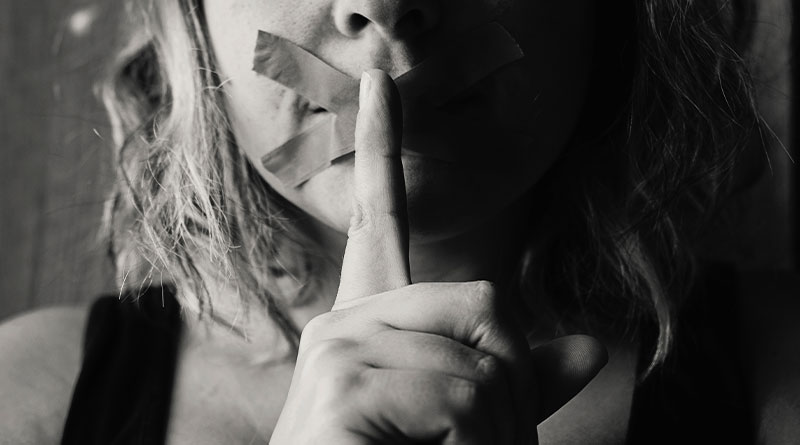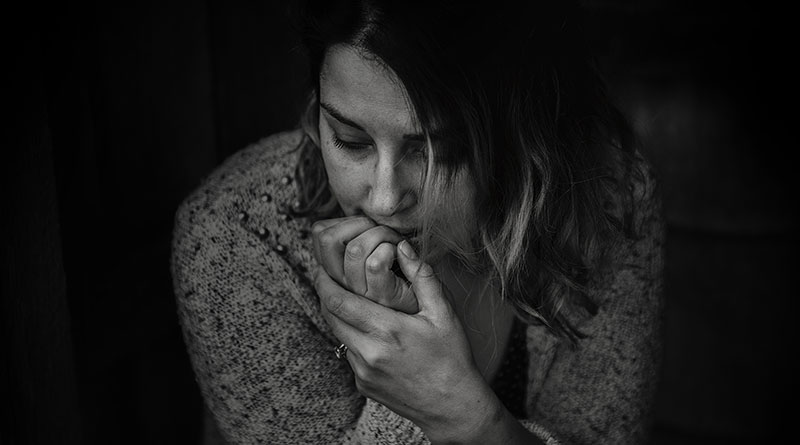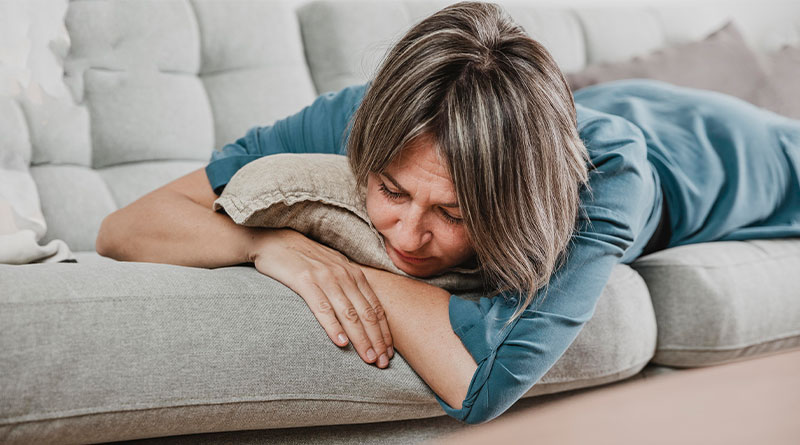Depression is not just one single illness, it has many different causes and types. It manifests itself in an endless amount of symptoms that can vary from person to person and even hour to hour.
It is important to understand the different types of depression, as well as the most common causes, to figure out how best to treat it and what sort of help you need.
Here is what you should know about different types of depression, causes, symptoms, and treatments so that you can get your life back on track again.
What is Depression?
Depression is a mental health disorder that can have a major impact on how you feel, think, and behave. It is a common but serious condition that affects millions of people around the world. Depression can cause intense feelings of sadness, hopelessness, and worthlessness, and can affect virtually every aspect of life.
Depression can vary greatly in intensity and duration, but it always has negative effects on an individual’s physical, emotional, and social functioning. It is not just a passing case of the blues. In fact, it can be an ongoing struggle that interferes with relationships, work, and other activities.
What Are The Different Types of Depression?
There are several types of depression that affect people, some of which include;
Major Depressive Disorder (MDD)
This is the most common type of depression, often referred to as a clinical depression. MDD is characterized by intense feelings of hopelessness, worthlessness, and low self-esteem that can last for weeks or months at a time.
Persistent Depressive Disorder (PDD)
Also known as dysthymia, this type of depression is characterized by a longer-term, lower-level of depression that lasts for at least two years. People with PDD may also experience episodes of major depression throughout their lives.
Postpartum Depression
Postpartum depression, which typically occurs within the first few weeks after birth, can affect new mothers. Symptoms include intense mood swings, excessive crying, irritability, restlessness, fatigue, and insomnia.
Bipolar Disorder
Also known as manic-depressive disorder, this type of depression involves alternating episodes of severe depression and mania. Mania is characterized by extreme periods of high energy and excitement, often leading to impulsive behaviors.
Seasonal Affective Disorder (SAD)
As the name suggests, this type of depression is related to changes in seasons and typically occurs in the winter months when there is less sunlight.
If you think you may be suffering from any form of depression, it’s important to seek professional help.
Also Check: All You Know About Anxiety
What Are The Causes of Depression?
Depression can be triggered by a combination of biological, psychological, and social factors, such as family history, genetics, physical or emotional trauma, major life changes or events, relationship issues, substance abuse, and more.
Biological Causes of Depression
Biological causes of depression include hormonal imbalances, an underactive thyroid, vitamin deficiency, certain medications, and certain chronic illnesses. When a person has an imbalance in their neurotransmitters (chemical messengers in the brain), this can also lead to depression.
Neurotransmitters are responsible for sending signals between nerve cells and play an important role in mood regulation.
Psychological Causes of Depression
Psychological causes of depression can include stress, low self-esteem, unrealistic expectations, perfectionism, negative thinking patterns, and pessimism. Other psychological causes include prolonged feelings of sadness, guilt, or grief from a traumatic event or loss.
Social Causes of Depression
Social causes of depression can include loneliness, isolation, or lack of social support. A person may feel a sense of hopelessness or helplessness when they are not able to achieve the things they want to achieve. The causes are also including physical, verbal, or emotional abuse by friends or family.
No matter what the cause of depression is, it is important to seek quick treatment so that it does not become a long-term problem.
What Are The Symptoms of Depression?
The most common symptoms of depression include:
- Persistent feelings of sadness and hopelessness,
- Fatigue
- Difficulty concentrating
- Having lost interest in previously enjoyable activities
- Changes in sleeping patterns
- Changes in eating patterns
- Irritability
Other symptoms may include social isolation, restlessness, changes in weight, and physical aches and pains.

In addition to the physical and emotional symptoms of depression, some people also experience cognitive symptoms. This includes difficulty making decisions, negative thought patterns, distorted self-image, low self-esteem, feelings of worthlessness or guilt, and a tendency to focus on the negatives.
How is Depression Treated?
When it comes to treating depression, there are a variety of different approaches that can be taken. It is important to remember that the treatment plan should be tailored to each individual as every person experiences depression in a different way.
Psychotherapy or Talk Therapy
This type of treatment helps individuals to gain insight into their thoughts, feelings, and behaviours and identify any unhelpful patterns that might be contributing to their depression.
Coping Strategies
Therapists also help people learn more effective coping strategies for dealing with difficult situations and feelings. Cognitive behavioural therapy (CBT) is a type of psychotherapy that focuses on teaching individuals to replace negative thoughts with more positive and realistic ones.
Medication
Medication can also be an effective form of treatment for depression, especially in severe cases. There are several different types of antidepressants available, including SSRIs, SNRIs, tricyclics, and MAOIs. These medications work by altering the levels of neurotransmitters in the brain that are associated with mood regulation. In some cases, other medications such as antipsychotics may also be prescribed to help improve mood.
Lifestyle Changes
Finally, lifestyle changes are often recommended as part of a treatment plan for depression. Examples include increasing physical activity, establishing a regular sleep schedule, setting reasonable goals, spending time with supportive friends and family members, and engaging in enjoyable activities. Eating a balanced diet, reducing stress levels, and avoiding drugs and alcohol are also important steps in helping manage depression.
Finding the right treatment for depression can take some time and trial-and-error. However, there is hope for recovery and living a fulfilling life. Professional support and guidance can help individuals overcome depression and lead more fulfilling lives.
Sahil Sachdeva is the Founder of curemedoc.com and a Digital Marketing professional with years of experience. If you need help in Content writing and want to increase your website ranking, connect with him, as he has some premium websites where you can share blogs with DoFollow links and increase your website’s ranking on Google.





